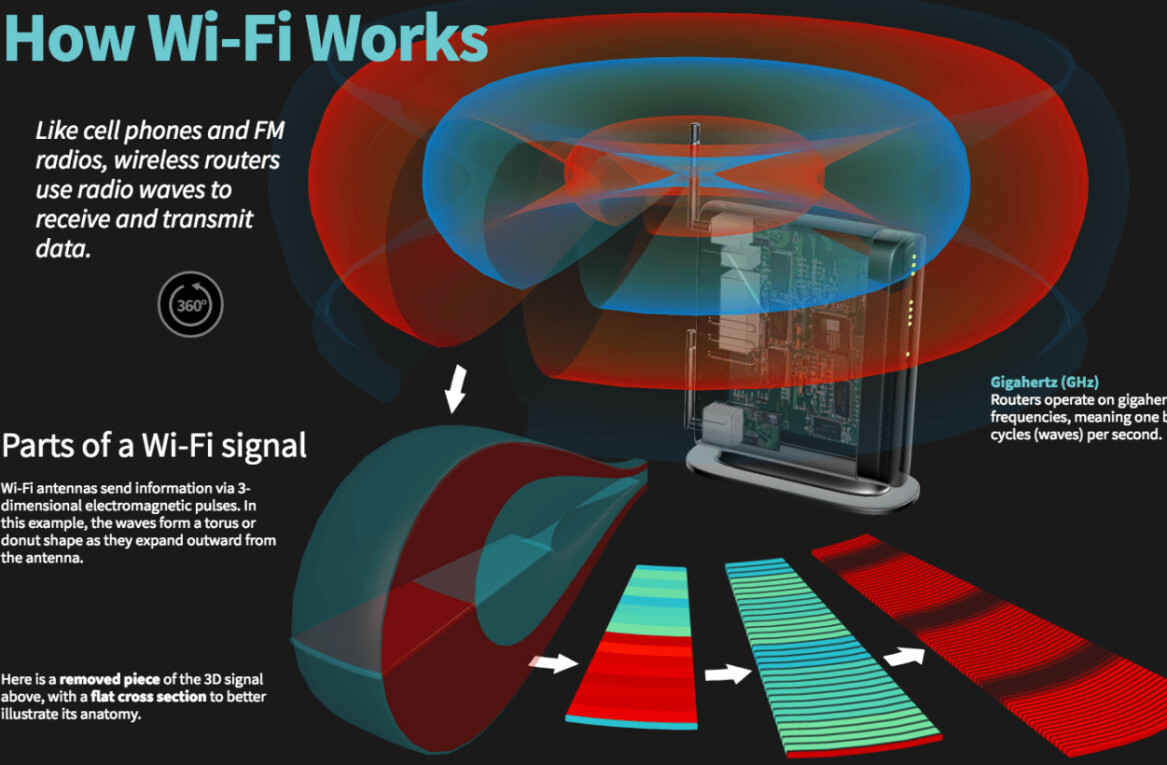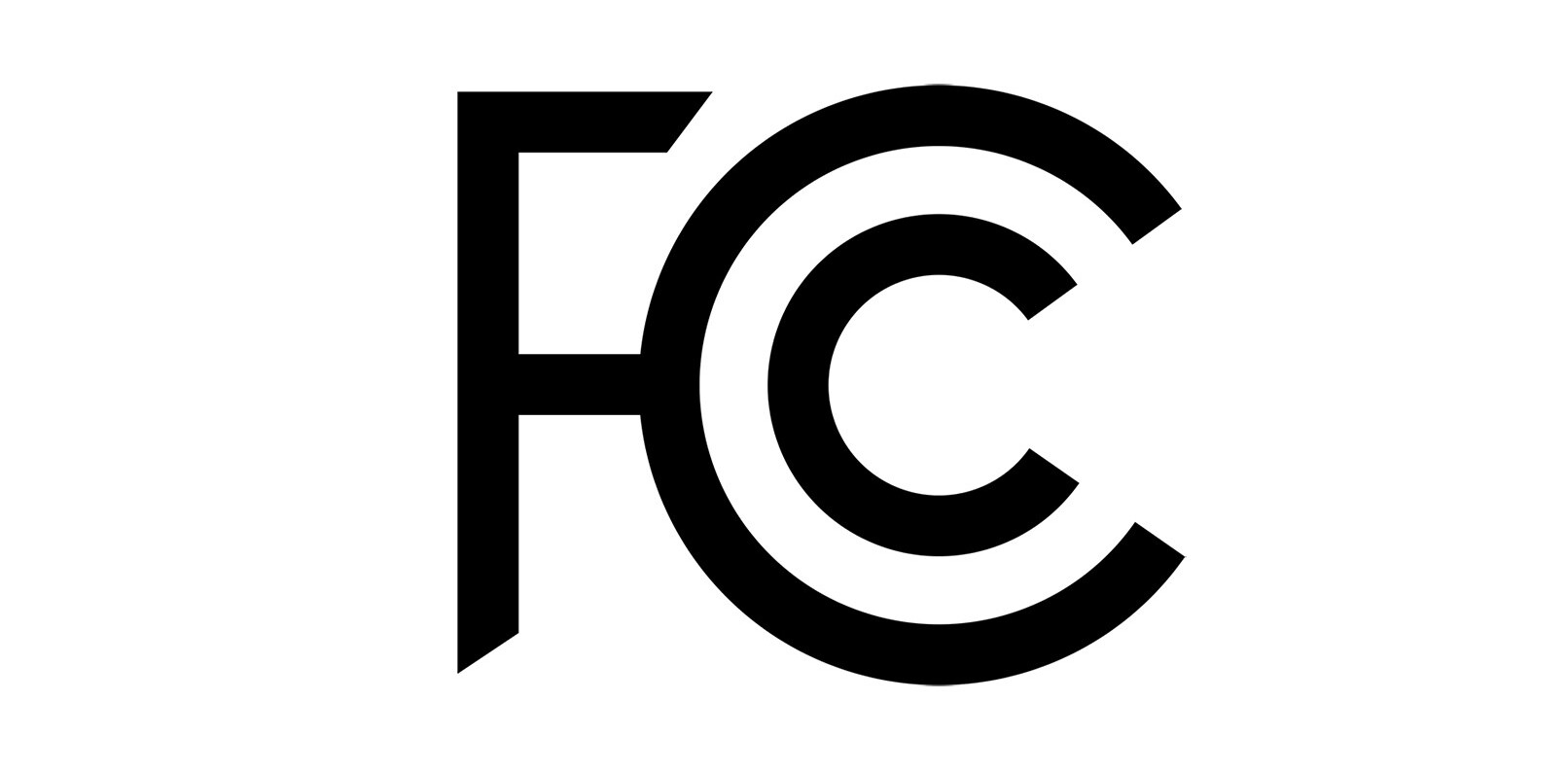
It’s been something of a long road for the Verizon and Comcast deal, but today things are coming to a head: Comcast is testifying before Congress, and Verizon has submitted a statement. On the docket is a massive $3.6 billion sale of wireless spectrum, and a sweeping marketing partnership.
The magnitude of the deal, and its potential antitrust implications have some up in arms, while the two companies are working to assuage fears.
Here’s what’s at stake: Comcast, along with Time Warner Cable and Bright House Networks, want to sell Verizon billions of dollars in wireless spectrum, or what are often called airwave licenses. Verizon needs the spectrum to boost its capacity to support data hungry smartphones and tablets. The second part of the deal is a sweeping agreement between Comcast and Verizon to cross-promote each other’s products, perhaps even where certain services compete.
That has some people worried; given that in certain areas, Internet and TV provider options can be essentially nil, combining Verizon and Comcast into partners of a sort could limit competition, leading to price increases, among other issues.
The deal was announced on December 2nd, 2011. Comcast is heading to Washington today to make its pitch. The outline of its testimony was blogged by the company. We quote:
The spectrum license transfers are consistent with the Communications Act, FCC rules, and the antitrust laws. They also will further the spectrum policy goals of Congress, the Administration, and the National Broadband Plan. Neither the License Assignment nor the Commercial Agreements reduce or harm competition in any product or geographic market. In fact, the agreements will offer further competition and innovation in the marketplace.
Unlike the AT&T-TMobile deal, this transaction involves no consolidation of customers, jobs, assets or operating businesses. It will take spectrum not currently being used and get it to a company that wants to quickly deploy it to consumers. Consumers will benefit from more choice, more competition, and more convenience.
Not everyone is convinced. Yesterday, in The Hill, an article ran that detailed union-led unhappiness at the deal. The Communications Workers of America and the International Brotherhood of Electrical Workers put out a statement, claiming that the deal would “effectively result in an unchecked monopoly by the nation’s largest cable and wireless companies over the telecommunications industry.”
The unions also said that the deal would lead to trouble for Verizon’s employees, and that it would also slow investment in infrastructure, harming the United States’ ability to compete.
Other’s are lining up against the deal as well. Joel Kelsey, a Free Press policy adviser, claims that “[a]llowing for further consolidation in this marketplace will only drive prices higher, reduce consumer choice, and have drastic consequences on the rate of innovation as the companies involved are freed from competition.”
Where should you stand in all of this? Exactly where you do: leery of further consolidation of the wireless market, and fearful of extensive government meddling. Whatever comes next, we’ll bring it to you.
Get the TNW newsletter
Get the most important tech news in your inbox each week.
![Verizon will not really pre-install spyware on Android phones to track your data [Update]](https://img-cdn.tnwcdn.com/image?fit=2361%2C1161&url=https%3A%2F%2Fcdn0.tnwcdn.com%2Fwp-content%2Fblogs.dir%2F1%2Ffiles%2F2017%2F03%2FScreen-Shot-2017-03-31-at-13.11.07.jpg&signature=78b4f2bd2541d9383620e83f55b3f4e8)



